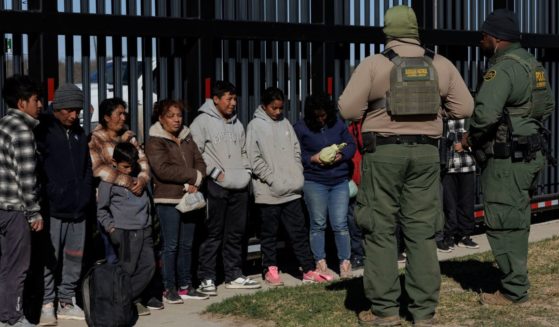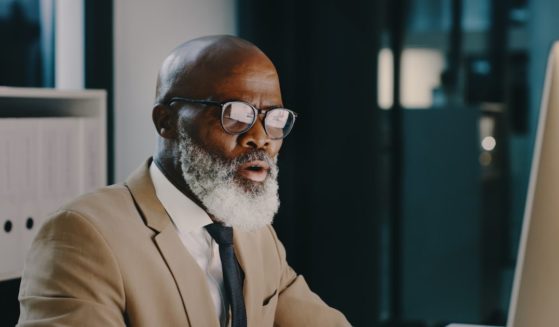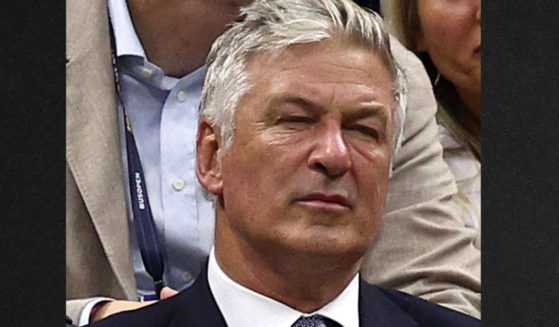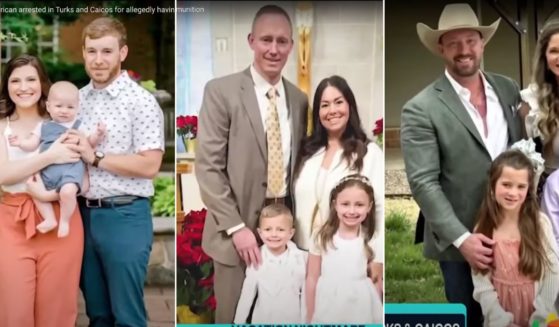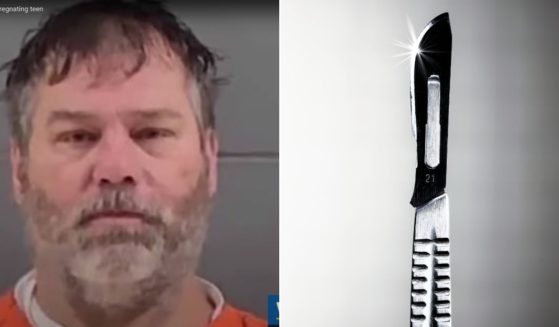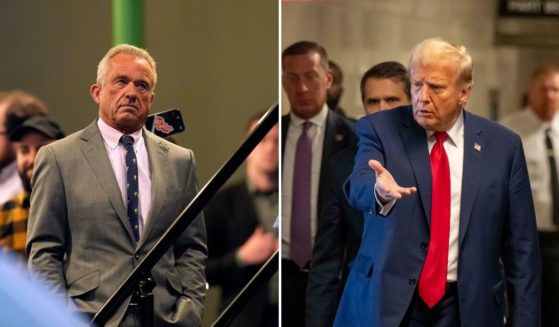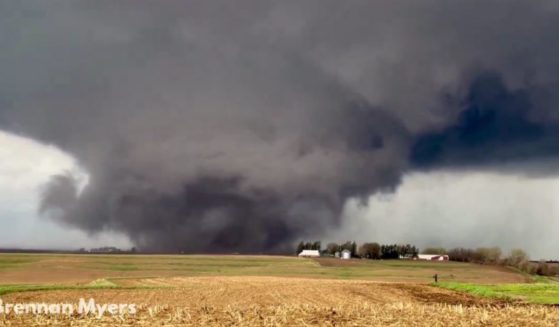Derek Chauvin Stabbed in Prison Attack
Derek Chauvin, the former Minneapolis police officer convicted of murdering George Floyd in 2020, was stabbed by another inmate and seriously injured Friday at a federal prison in Arizona, a person familiar with the matter told The Associated Press.
The attack happened at the Federal Correctional Institution, Tucson, a medium-security prison that has been plagued by security lapses and staffing shortages.
The person was not authorized to publicly discuss details of the attack and spoke to the AP on the condition of anonymity.
The Bureau of Prisons confirmed that an incarcerated person was assaulted at FCI Tucson at around 12:30 p.m. Friday.
In a statement, the agency said responding employees contained the incident and performed “life-saving measures” before the inmate, who it did not name, was taken to a hospital for further treatment and evaluation.
No employees were injured and the FBI was notified, the Bureau of Prisons said. Visiting at the facility, which has about 380 inmates, has been suspended.
Messages seeking comment were left with Chauvin’s lawyers and the FBI.
Chauvin’s stabbing is the second high-profile attack on a federal prisoner in the last five months. In July, disgraced sports doctor Larry Nassar was stabbed by a fellow inmate at a federal penitentiary in Florida.
It is also the second major incident at the Tucson federal prison in a little over a year. In November 2022, an inmate at the facility’s low-security prison camp pulled out a gun and attempted to shoot a visitor in the head. The contraband weapon misfired and no one was hurt.
Chauvin, 47, was sent to FCI Tucson from a maximum-security Minnesota state prison in August 2022 to simultaneously serve a 21-year federal sentence for violating Floyd’s civil rights and a 22½-year state sentence for second-degree murder.
Chauvin’s lawyer, Eric Nelson, had advocated for keeping him out of general population and away from other inmates, anticipating he’d be a target.
In Minnesota, Chauvin was mainly kept in solitary confinement “largely for his own protection,” Nelson wrote in court papers last year.
Last week, the U.S. Supreme Court rejected Chauvin’s appeal of his murder conviction. Separately, Chauvin is making a long-shot bid to overturn his federal guilty plea, claiming new evidence shows he didn’t cause Floyd’s death.
Floyd, who was black, died on May 25, 2020, after Chauvin, who is white, pressed a knee on his neck for 9½ minutes on the street outside a convenience store where Floyd was suspected of trying to pass a counterfeit $20 bill.
Bystander video captured Floyd’s fading cries of “I can’t breathe.” His death touched off protests worldwide, some of which turned violent, and forced a national reckoning with police brutality and racism.
Three other former officers who were at the scene received lesser state and federal sentences for their roles in Floyd’s death.
Chauvin’s stabbing comes as the federal Bureau of Prisons has faced increased scrutiny in recent years following wealthy financier Jeffrey Epstein’s jail suicide in 2019. It’s another example of the agency’s inability to keep even its highest profile prisoners safe after Nassar’s stabbing and “Unabomber” Ted Kaczynski’s suicide at a federal medical center in June.
An ongoing AP investigation has uncovered deep, previously unreported flaws within the Bureau of Prisons, the Justice Department’s largest law enforcement agency with more than 30,000 employees, 158,000 inmates and an annual budget of about $8 billion.
AP reporting has revealed rampant sexual abuse and other criminal conduct by staff, dozens of escapes, chronic violence, deaths and severe staffing shortages that have hampered responses to emergencies, including inmate assaults and suicides.
Bureau of Prisons Director Colette Peters was brought in last year to reform the crisis-plagued agency. She vowed to change archaic hiring practices and bring new transparency, while emphasizing that the agency’s mission is “to make good neighbors, not good inmates.”
Testifying before the Senate Judiciary Committee in September, Peters touted steps she’d taken to overhaul problematic prisons and beef up internal affairs investigations. This month, she told a House Judiciary subcommittee that hiring had improved and that new hires were outpacing retirements and other departures.
But Peters has also irritated lawmakers who said she reneged on her promise to be candid and open with them. In September, senators scolded her for forcing them to wait more than a year for answers to written questions and for claiming that she couldn’t answer basic questions about agency operations, like how many correctional officers are on staff.
The Western Journal has reviewed this Associated Press story and may have altered it prior to publication to ensure that it meets our editorial standards.
Truth and Accuracy
We are committed to truth and accuracy in all of our journalism. Read our editorial standards.

